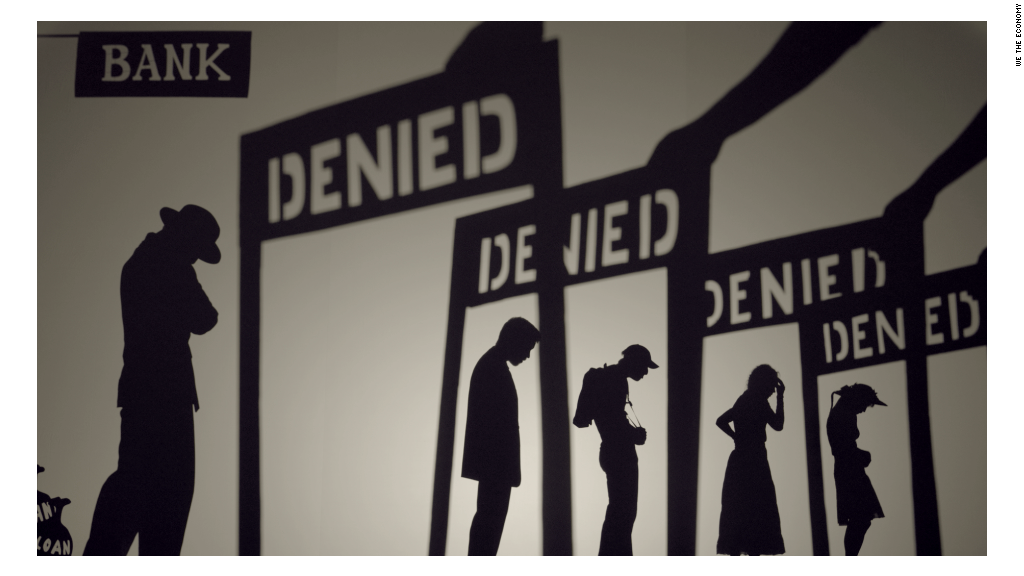
The Great Recession might be over, but residents and businesses in many states across the country are still paying "temporary" taxes put in place to help refill public coffers.
The downturn, of course, hammered state budgets. In response, 14 states and the District of Columbia tried to plug their revenue shortfalls in part by imposing temporary taxes, a new report from the Tax Policy Center found.
Combined, those states and D.C. imposed 25 temporary tax measures between 2008 and 2011.
Related: States with the highest state and local taxes
Of those 25, however, 13 have since been extended, made permanent or replaced. Nine were actually allowed to expire on schedule and 3 still haven't reached their expiration date.
Connecticut, for instance, extended its temporary 10% corporate income surtax twice, and has since increased it to 20%.
Hawaii temporarily increased its lodging tax by 2 percentage points to 9.25%, then made that increase permanent.
Kansas raised its sales and excise tax from 5.7% to 6.3%. Then it ratcheted back the increase a little - to 6.15% - and made that permanent.
Similarly, Delaware increased its top income tax rate by 1 percentage point to 6.95%, then lowered it to 6.6% in two steps and made it permanent.
Related: What now for taxes after Republican sweep?
New York, meanwhile, replaced part of its recession-era income tax hike on the rich with another temporary tax hike on the even richer. The second temporary tax, now set to expire in 2017, imposes an 8.82% top rate on income over $2 million.
Among states that actually let their temporary tax hikes expire on schedule and for good are: Arizona, Maryland, New Jersey and North Carolina.
Temporary taxes weren't the only tools those 14 states used to balance their budgets, which they're required to do. Due to the depth of the recession and their limited rainy-day funds to combat it, the report found these states also -- along with most states -- had to cut spending and raise taxes in other ways.
